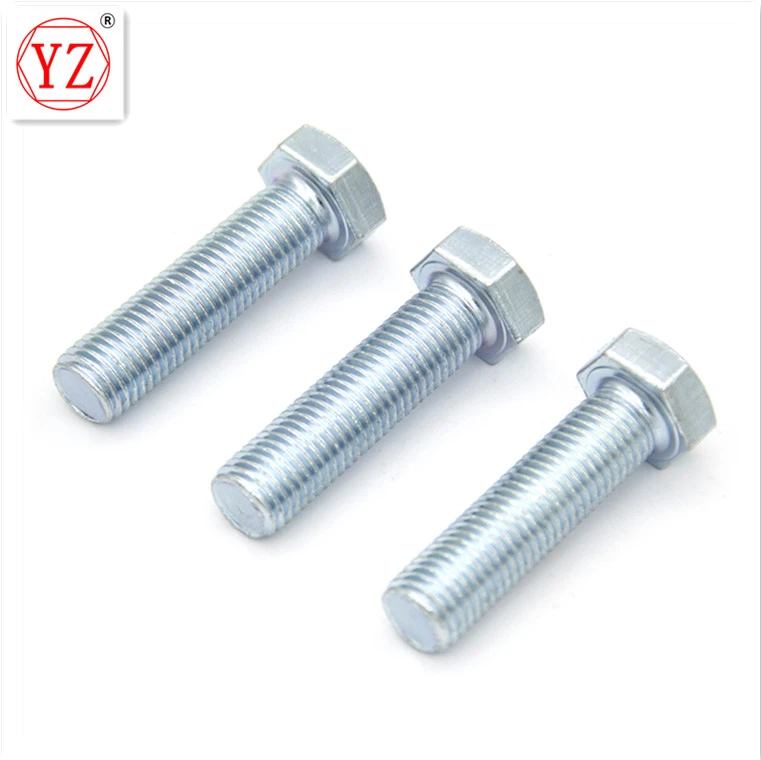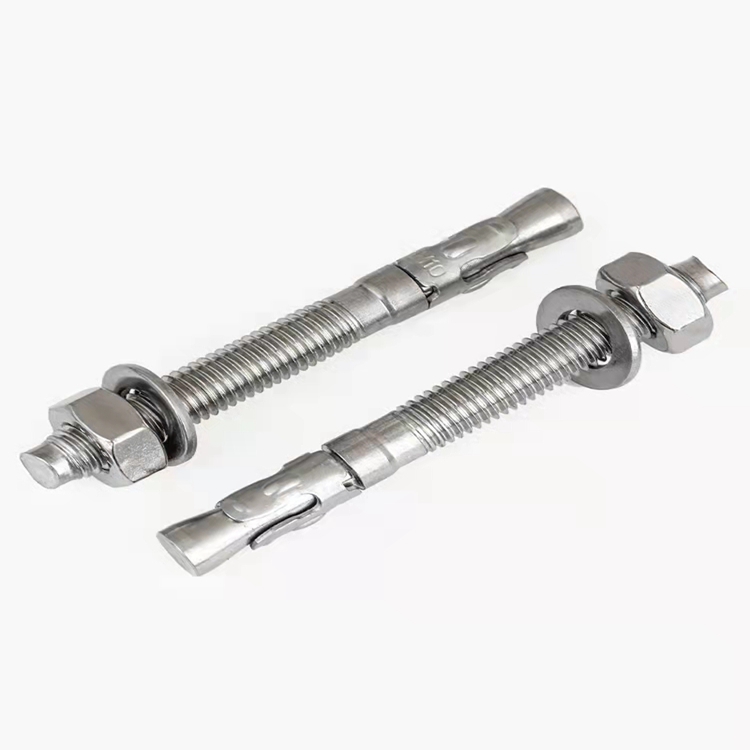screws
ян. . 09, 2025 11:56 Back to list
screws
Screws are the unsung heroes of the modern construction and manufacturing world. Often overlooked, these tiny fasteners hold the power to make or break a project's integrity. Their importance cannot be understated, and those within the industry appreciate the intricacies involved in selecting the right type of screw for specific applications.
Bolstering this trustworthiness is the continuous advancement in materials technology. Stainless steel screws, for instance, offer unparalleled resistance to rust and corrosion, making them invaluable in environments exposed to moisture or chemicals. Industries leveraging these screws can expect long-term performance that justifies the initial expense, safeguarding both structural integrity and financial investment. Moreover, authority in the field of screws is exemplified by manufacturers who offer a comprehensive range of products with detailed specifications. Leaders in the field invest in research and development to refine their products' performance, such as enhancing thread designs or testing alternative materials to suit emerging industrial challenges. Their credibility is reinforced through certifications and adherence to international standards, providing professionals confidence in the reliability and safety of their products. Incorporating screws into any project extends beyond merely purchasing the right fasteners. It requires a thorough understanding of the application, supporting structures, and final expectations. Proper installation techniques, adherence to torque specifications, and recognizing the load conditions are all part of the expertise that distinguishes a well-conceived project from one fraught with risks. In conclusion, screws may appear simple, but they embody a complex mix of material science, engineering, and practical expertise. Their selection and use require a balanced understanding of the forces at work in every project. For those seeking to refine their applications, investing time in understanding these small yet mighty fasteners will yield dividends in efficiency, durability, and success across various fields.


Bolstering this trustworthiness is the continuous advancement in materials technology. Stainless steel screws, for instance, offer unparalleled resistance to rust and corrosion, making them invaluable in environments exposed to moisture or chemicals. Industries leveraging these screws can expect long-term performance that justifies the initial expense, safeguarding both structural integrity and financial investment. Moreover, authority in the field of screws is exemplified by manufacturers who offer a comprehensive range of products with detailed specifications. Leaders in the field invest in research and development to refine their products' performance, such as enhancing thread designs or testing alternative materials to suit emerging industrial challenges. Their credibility is reinforced through certifications and adherence to international standards, providing professionals confidence in the reliability and safety of their products. Incorporating screws into any project extends beyond merely purchasing the right fasteners. It requires a thorough understanding of the application, supporting structures, and final expectations. Proper installation techniques, adherence to torque specifications, and recognizing the load conditions are all part of the expertise that distinguishes a well-conceived project from one fraught with risks. In conclusion, screws may appear simple, but they embody a complex mix of material science, engineering, and practical expertise. Their selection and use require a balanced understanding of the forces at work in every project. For those seeking to refine their applications, investing time in understanding these small yet mighty fasteners will yield dividends in efficiency, durability, and success across various fields.
Next:
Latest news
-
Automatic Flush Bolts for Double Doors - Reliable Security, Easy Installation, Factory Direct Supply
NewsJul.05,2025
-
High-Quality 11mm Bolts Manufacturer Reliable 11mm Bolts Factory & Suppliers
NewsJul.05,2025
-
High-Quality DIN975 Thread Rods Manufacturer Reliable Factory & Suppliers
NewsJul.05,2025
-
High-Quality Strut Washers – Reliable Strut Washers Factory & Trusted Company Suppliers
NewsJul.04,2025
-
Premium Wood Screws for Flooring - Reliable Wood Floor Screws Company & Suppliers
NewsJun.24,2025
-
High-Quality Cabinet Bolts – Reliable Factory, Trusted Company & Leading Suppliers
NewsJun.10,2025
